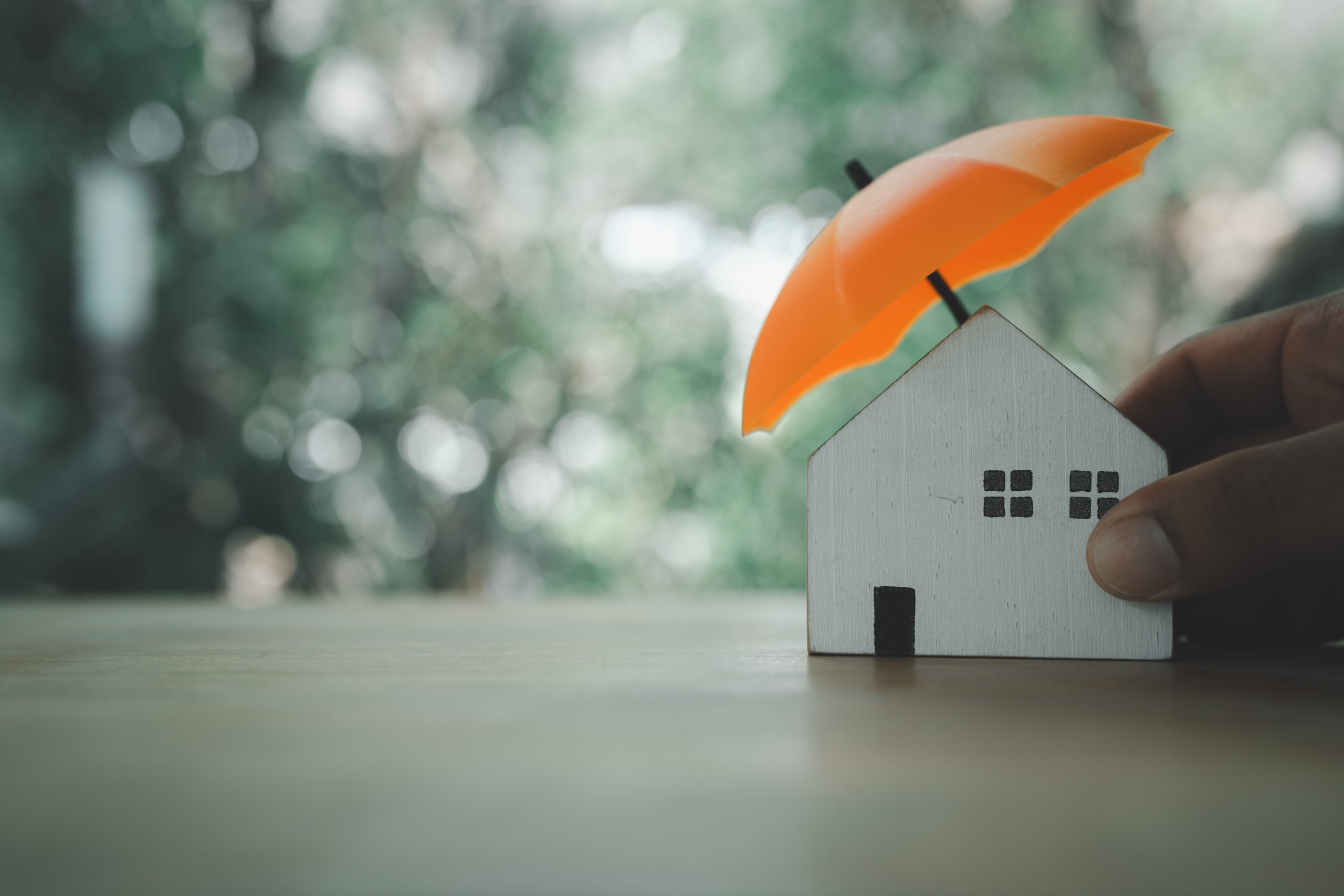As we age, the risk of household accidents can increase due to changes in mobility, vision, and overall physical strength. However, with a few simple precautions, many common accidents can be prevented, allowing you to maintain a safe and comfortable home environment. Here are some tips, tricks, and insights to help you prevent common household accidents and ensure your home remains a safe haven.
Fall Prevention
Falls are one of the most common accidents among seniors and can lead to serious injuries. Here’s how to minimize the risk:
- Remove Clutter: Keep floors clear of clutter, such as loose rugs, electrical cords, and other objects that could cause trips and falls. Ensure pathways are free from obstructions.
- Install Grab Bars: Install grab bars in key areas, such as bathrooms near toilets and inside showers or bathtubs. These provide support and reduce the risk of slipping.
- Use Non-Slip Mats: Place non-slip mats in the bathroom, kitchen, and any other areas prone to wet floors. These mats provide traction and help prevent slips.
- Ensure Proper Lighting: Good lighting is essential for preventing falls. Ensure all areas of your home, especially stairways and hallways, are well-lit. Consider using night lights in bedrooms and bathrooms.
- Wear Proper Footwear: Wear shoes or slippers with non-slip soles indoors to provide better stability and reduce the risk of falls.
Fire Safety
Fires can start quickly and spread rapidly, making fire safety a top priority. Here’s how to protect your home:
- Install Smoke Alarms: Ensure smoke alarms are installed in every bedroom, outside sleeping areas, and on every level of your home. Test them regularly and replace batteries at least once a year.
- Have a Fire Extinguisher Handy: Keep a fire extinguisher in easily accessible locations, such as the kitchen and near the fireplace. Make sure you know how to use it properly.
- Be Cautious with Cooking: Never leave cooking unattended, and keep flammable items like towels and potholders away from the stove. Use a timer to remind yourself of cooking times.
- Avoid Overloading Electrical Outlets: Overloading outlets with multiple devices can lead to electrical fires. Use power strips with surge protectors and unplug appliances when not in use.
- Develop an Escape Plan: Have a clear and practiced escape plan in case of fire. Ensure that all household members know the quickest and safest exits.
Poisoning Prevention
Accidental poisoning can happen with everyday household items. Here’s how to minimize the risk:
- Label Medications Clearly: Keep medications in their original containers with clear labels. Use a pill organizer to manage daily doses, and avoid mixing different medications in the same container.
- Store Chemicals Safely: Store household cleaning products, pesticides, and other chemicals in a secure, locked cabinet. Ensure they are clearly labeled and out of reach of children and pets.
- Use Carbon Monoxide Detectors: Install carbon monoxide detectors in your home, particularly near bedrooms and gas appliances. Carbon monoxide is odorless and colorless, making detection crucial for safety.
- Dispose of Expired Medications: Regularly check the expiration dates on medications and dispose of any that are no longer needed or have expired. Many pharmacies offer safe disposal options.
Preventing Cuts and Burns
Cuts and burns are common household injuries, particularly in the kitchen. Here’s how to stay safe:
- Use Sharp Tools with Care: Always use sharp knives and scissors with caution. Keep them stored safely in a knife block or drawer with a safety latch.
- Handle Hot Items Carefully: Use oven mitts or pot holders when handling hot pots, pans, or dishes. Be cautious when removing items from the microwave or oven.
- Set Water Heaters to a Safe Temperature: Set your water heater to 120°F (49°C) to prevent accidental burns from hot water. This temperature is hot enough for everyday use but safe enough to avoid scalding.
- Keep Flammable Items Away from Heat Sources: Ensure that flammable items like dish towels, paper towels, and curtains are kept away from stoves, ovens, and other heat sources.
Electrical Safety
Electrical hazards can pose serious risks if not properly managed. Here’s how to protect yourself:
- Check Cords and Plugs: Regularly inspect electrical cords and plugs for damage. Replace any that are frayed or worn out to prevent shocks or fires.
- Avoid Using Damaged Appliances: Discontinue the use of any electrical appliances that emit strange odors, sparks, or do not function properly.
- Keep Water Away from Electrical Devices: Never use electrical appliances near water, and avoid plugging in or unplugging devices with wet hands.
- Unplug Unused Devices: Unplug devices when they are not in use to prevent overheating and reduce energy consumption.
